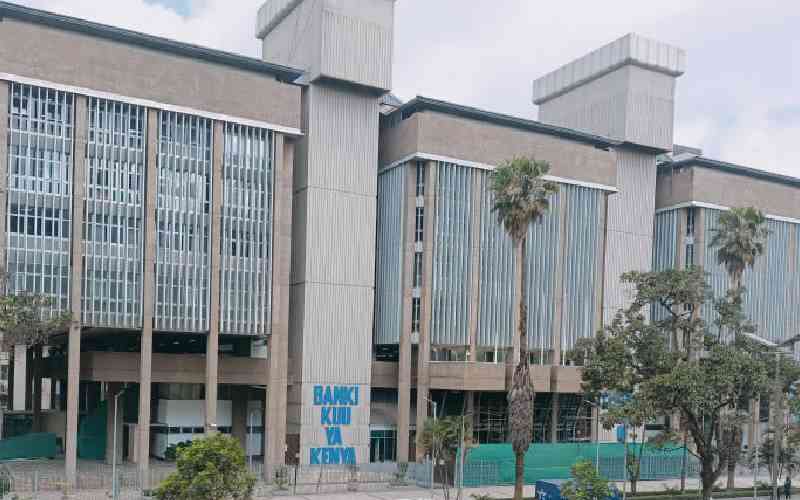×
The Standard e-Paper
Home To Bold Columnists
 The McKinsey Global Institute projects that eCommerce will be worth $75 billion (Sh7.5 trillion) in Africa’s leading economies by 2025. This potential has seen several entrepreneurs and corporates jump into the eCommerce space. Copia, however, is looking to do things differently and move eCommerce from being a largely urban concept by trickling it down to Kenya’s rural communities.
The McKinsey Global Institute projects that eCommerce will be worth $75 billion (Sh7.5 trillion) in Africa’s leading economies by 2025. This potential has seen several entrepreneurs and corporates jump into the eCommerce space. Copia, however, is looking to do things differently and move eCommerce from being a largely urban concept by trickling it down to Kenya’s rural communities.
Tim Steel, the firm’s CEO, shared what makes his business different from the many other players in the industry.







